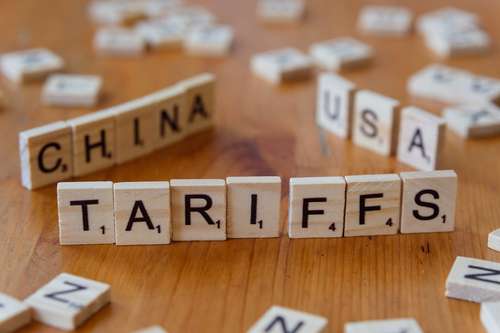When Liz Truss pledged this week to label China a threat to British interests, she likely expected to arouse some resentment in Beijing, providing a useful Iron Lady moment in the foreign secretary's final push for the Tory leadership.
However, the People's Daily and even the combative Global Times are not that far away. Perhaps President Xi's propaganda apparatus is self-aware enough to understand that portraying potential prime ministers as villains really helps them in Britain.
It's past time to be straightforward about China. The Xi regime can no longer simply be described as a "systemic competitor." Not when countless Uighur Muslims are being herded into "re-education camps," when Hongkongers are being beaten for peaceful rallies, and when Beijing's cyber-warriors are always looking for Britain's weak points.
The need for Britain to find not just the appropriate words but also a stronger position among the several informal alliances being created to restrict China is, however, far more urgent.

Britain is a part of the Aukus security alliance, which links us with Australia and the US to protect the region's current territorial order.
As a result, Britain is concerned about protecting Taiwan against a Chinese invasion. We participate in a G7 programme that offers infrastructure investment as a substitute for China's Belt and Road Initiative (BRI).
Britain is also a minor player in a new plan to prevent China from receiving technology equipment that could strengthen its digital totalitarianism.
There is still a lot to be done. The oppressed neighbors of China are beginning to resist Beijing's intrusions, and they urgently require flanking assistance from western democracies.
To prevent China from gaining access to cutting-edge semiconductors, South Korea, Taiwan, and the US are cooperating.

We might participate in it. The Indo-Pacific region is patrolled by the Quad, which consists of the US, Japan, Australia, and India, but it has grown to be more than just a military and intelligence-sharing operation.
For instance, it has been supplying southeast Asia with a billion doses of the Covid vaccination.
These actions highlight the Chinese power's limitations while also urging Beijing to adopt a more cooperative, less mercantilist, and possibly less hostile stance.
The finance minister of Bangladesh was the most recent to speak out against the BRI last week, cautioning developing nations against borrowing money from Beijing.
However, within China, there was a quiet public acceptance of the network's soft-power potential.
China needs allies if it was to advance and flourish. However, internet criticism grew as it hosted conferences for Africa, eventually leading to its censorship and dismissal.
There is no appetite to spend more on aid while the Chinese people feel the squeeze. It smacks of incompetence and, as the one-party state evolves into a one-man show, Xi either has to find scapegoats or squirm.




